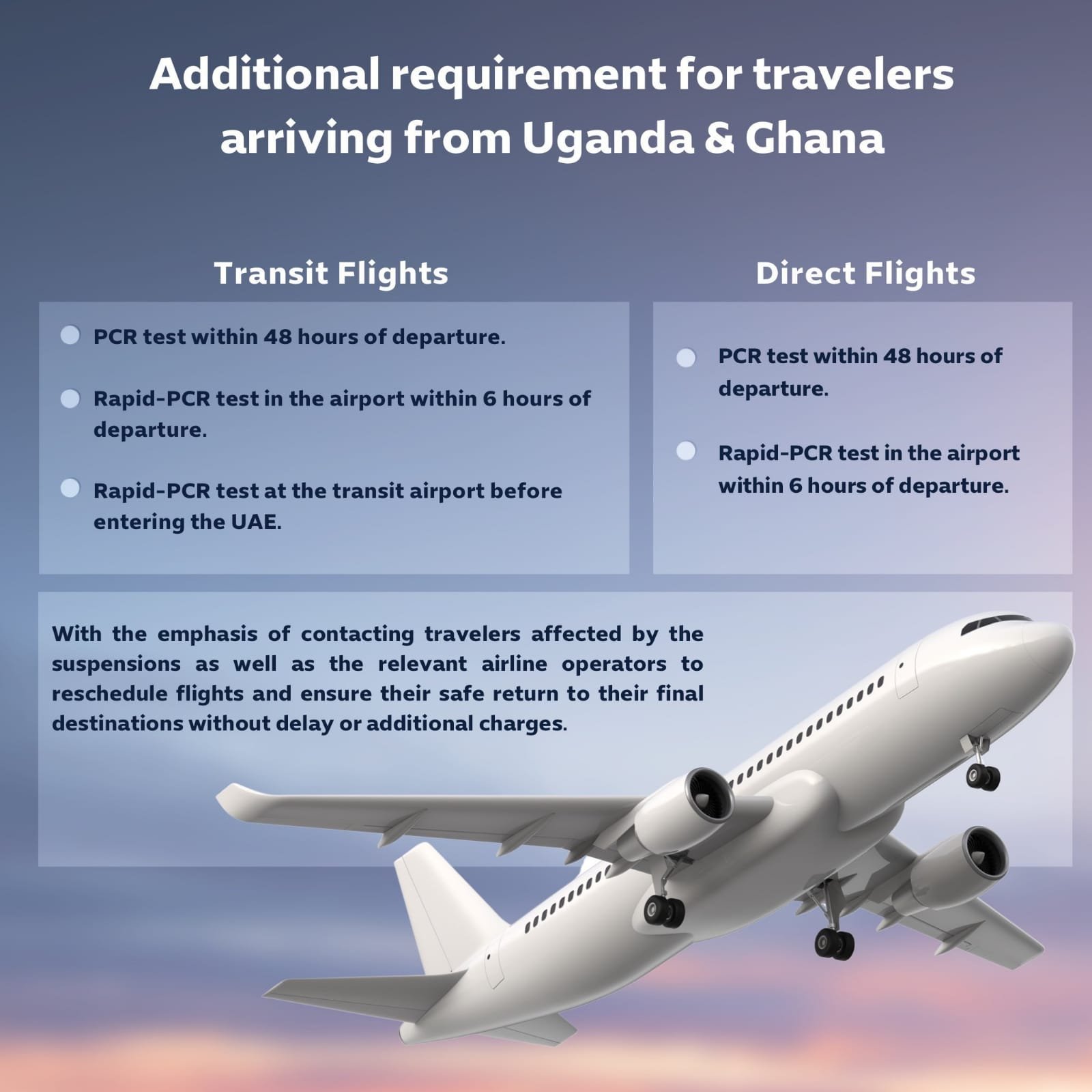Tourism has long been recognized as a significant contributor to global economies, providing a multifaceted impact that drives growth, creates jobs, and fosters prosperity in both developed and developing nations.
As the world emerges from the challenges of the pandemic, the role of tourism in fueling economic recovery has come into sharp focus. From the bustling streets of cosmopolitan cities to the serene landscapes of remote destinations, the tourism industry’s far-reaching effects are undeniable.
1. Job Creation and Employment: Tourism stands as a robust job creator across various sectors. It supports direct employment in hotels, restaurants, airlines, tour operators, and travel agencies. Additionally, it indirectly stimulates jobs in allied industries, such as transportation, retail, and the arts. From hospitality staff to local artisans, tourism offers a diverse range of employment opportunities for both skilled and unskilled workers, often bolstering rural and underserved communities.
2. Foreign Exchange Earnings: Tourism serves as a vital source of foreign exchange earnings for many countries. International visitors bring in foreign currency, bolstering a nation’s reserves and supporting its currency value. This influx of foreign exchange not only strengthens the local currency but also helps finance imports, infrastructure development, and various government initiatives.
3. Economic Diversification: Tourism offers an opportunity for economic diversification, reducing dependence on a single industry. Nations that rely heavily on traditional sectors, such as agriculture or manufacturing, can diversify their income streams through tourism. By developing a competitive tourism industry, countries can enhance their resilience to economic fluctuations and foster sustainable growth.
4. Small and Medium Enterprises (SMEs): Tourism plays a pivotal role in supporting SMEs, which are often the backbone of many economies. From family-run guesthouses to local tour operators, SMEs benefit from tourism’s demand for unique and authentic experiences. The growth of tourism enables these businesses to thrive, stimulating entrepreneurial spirit and empowering local communities.
5. Infrastructure Development: The need to accommodate tourists drives investment in infrastructure development. Improved transportation networks, upgraded airports, better roads, and enhanced public amenities are often a byproduct of a flourishing tourism industry. This, in turn, benefits both visitors and locals, enhancing the overall quality of life and accessibility to remote areas.
6. Cultural Preservation and Heritage Conservation: Tourism encourages the preservation of cultural heritage and historical sites. As travelers seek authentic experiences, destinations are motivated to conserve their unique traditions, landmarks, and customs. This focus on cultural preservation not only safeguards a nation’s identity but also creates cultural tourism opportunities, drawing visitors who value authenticity and cultural immersion.
7. Promoting Trade and Investment: Tourism fosters international collaboration and trade by connecting people from different parts of the world. As tourists experience a country’s products and culture, they often become advocates for local goods and services in their home countries, indirectly promoting trade and stimulating investment.
As the world rebuilds from the pandemic’s impact, governments and stakeholders recognize the significance of tourism in driving economic recovery and stability. However, sustainable tourism practices must be at the forefront of this resurgence to ensure that the industry’s benefits are shared equitably and preserved for future generations. Balancing economic gains with environmental and social considerations will be key to harnessing the full potential of tourism as a catalyst for growth and prosperity.




